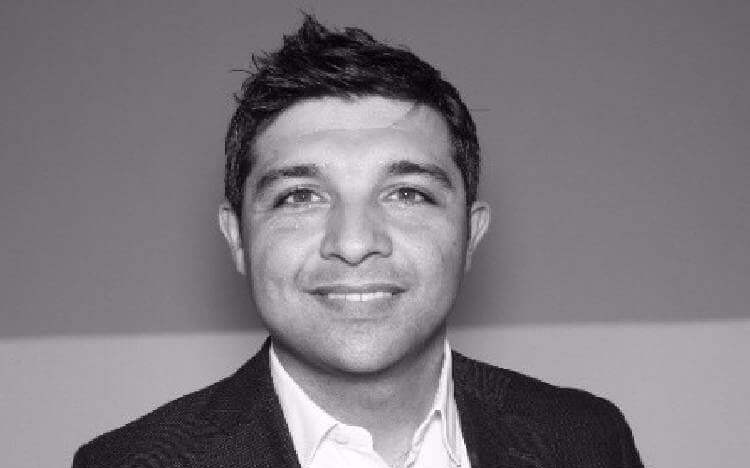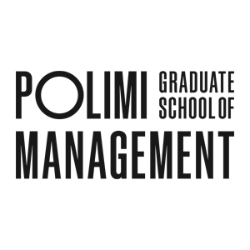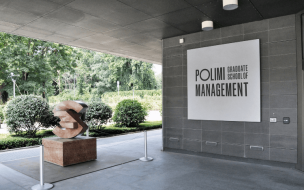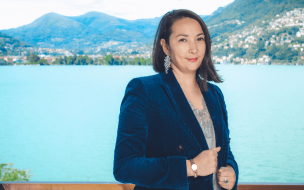Silvio Piserchia is one such alum. He graduated from the full-time MBA at Italy’s MIP Politecnico Di Milano just over a decade ago and is now a vice president at Mastercard in New York.
Silvio joins the 66% of b-school alumni in the finance industry who work for international companies, and the 44% of graduate management grads from the late 1990s who are now enjoying senior-level roles.
He wanted to pursue an MBA because, after working for a startup for two years straight out of university, seeing it grow from three members to 20 and having executed a multitude of different roles to secure its success, Silvio wanted a more structured experience.
“It was the perfect time for me to embark on an MBA and consolidate and develop my business acumen,” Silvio muses. “I wanted to expand and solidify my professional network and gain exposure to a broader array of companies.”
Going from an MBA into finance
Silvio began his MBA interested in a consultancy career post-graduation. But, after the Italian bank Banca Mediolanum approached MIP looking for MBAs with non-finance backgrounds to shed a new perspective on the company, Silvio was recommended and embarked on a career in finance.
MIP is officially partnered with international companies including tech leaders Microsoft and European investment bank UniCredit. These partnerships only help to bolster career opportunities for MBAs at the school, especially in finance where it can be hard to get a foot in the door without a background in the industry.
Silvio is now high up in Mastercard and credits his MBA as being a huge help in getting him to the top in finance. “The value of an MBA is substantial,” Silvio avers, “especially with regards to senior roles in American multinationals.”
What was the best aspect of MIP Politecnico Di Milano Full-time MBA? The variation and diversity of the program as well as the cohort, according to Silvio.
In the 10 years since Silvio completed his MBA, technological advances have impacted the world of business hugely —especially in finance with big data and blockchain driving new innovations in fintech.
Silvio says that whether it was digital transformation, strategy, soft skill development, or organizational behavior and leadership, the variety of topics covered on his MBA set him up well to deal with how business would change in the future.
Long-term value of an MBA
Even today, Silvio says he’s constantly drawing on insight gleaned from his MBA at MIP Politecnico Di Milano. He says the finance industry is increasingly interested in those with a broader business outlook, hence why it’s such a good destination for MBAs wanting to change career direction.
“Finance needs people with knowledge of management, marketing, strategy, and technology. Being good with numbers isn’t enough. The industry is customer-centric so to succeed you need to understand all areas of the customer journey.”
Silvio’s main advice for prospective MBAs is to stay open minded and be receptive to new ideas. While an MBA can open doors to a finance career, it can open up many other opportunities as well.
“The real value of an MBA is the access to so many different people and their ideas,” he says. “Be a sponge and absorb everything—this way you’ll find many more potential career pivots.”
Student Reviews
Polimi Graduate School of Management







